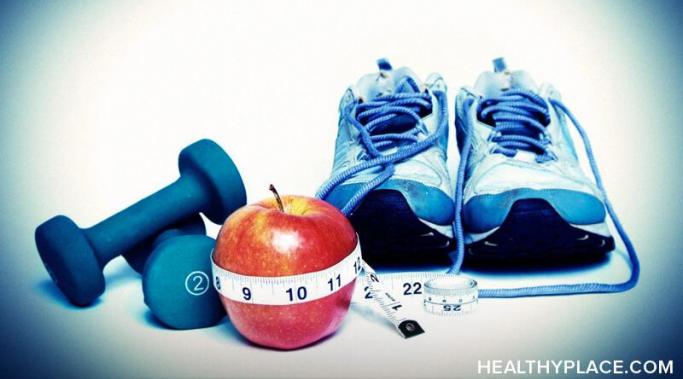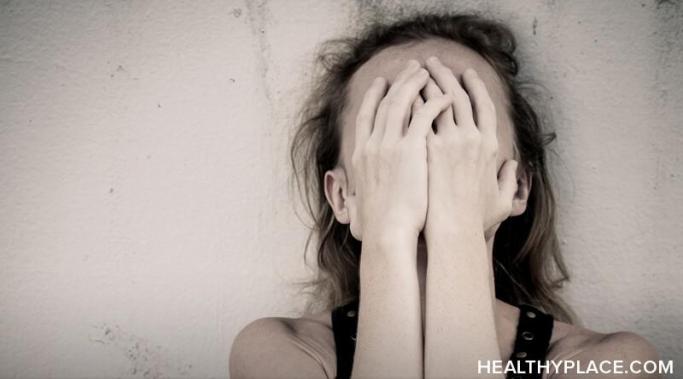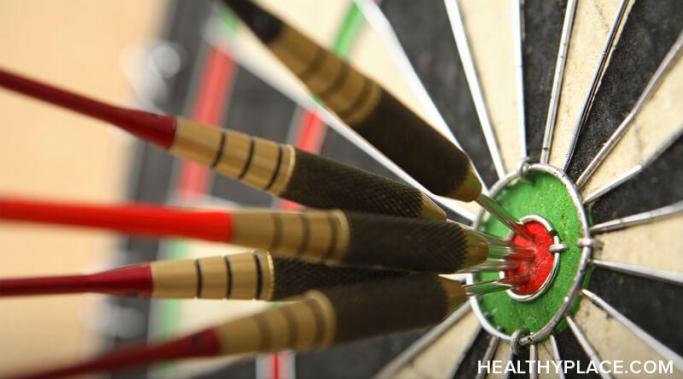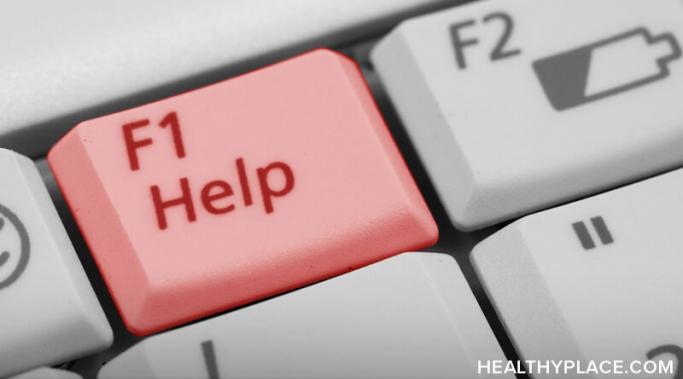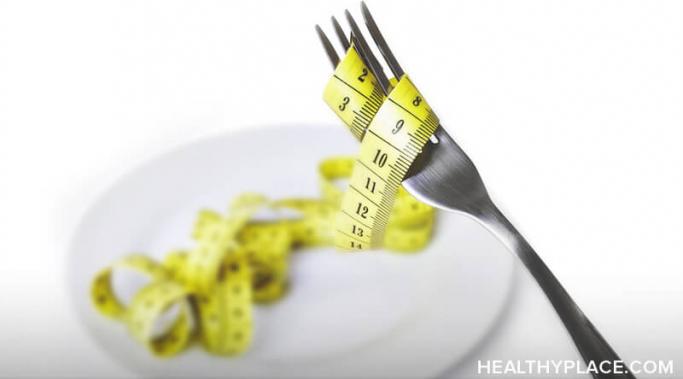I'm anxious for my first session with the personal trainer I hired to coach me for a Himalayan trek I'll be doing in about six months. It's quite unlike me to invest in an exercise program financially. Usually, I just lace up my sneakers and start running until I can't summon the energy for one more step. I even forget to stretch my muscles beforehand sometimes (terrible habit, I know).
Identity
Last week, I wrote about feeling embarrassed to talk about my eating disorder in face-to-face conversations. This week, I remembered why I experienced that level of embarrassment. I was raised in a climate of body shaming, forced to interact with relatives who see no issue with fatphobic comments and behaviors. I have family members who are insensitive to recovery from my eating disorder (ED).
I tend to be much more transparent and vulnerable online than I am in daily face-to-face interactions. When someone I know in real life inquires about my fitness or nutrition habits (because, to the surprise of no one, this is a body-conscious culture), I notice my cheeks start to flush, and I choose the vaguest answer possible. That reaction strikes me as curious, though. Why am I still embarrassed about my eating disorder after all these years?
I have a long history with perfectionism. In fact, I cannot recall a time in my life when this fixation wasn't driving my performance and achievements. I suspect this is one reason I have always been drawn to activities or pursuits that measure excellence in visible, quantifiable terms. In school, I only accepted straight As. In athletics, I gravitated to sports like archery, where I could aim for the center of a literal bullseye. And in my career, I have turned to writing—a skill based on technical precision. But as I continue to heal my thoughts and behaviors from the residue of anorexia, I am learning to appreciate that eating disorder recovery is not about perfection.
This year, I started training for a particularly ambitious fitness goal: a 10-day trek in the Himalayan Mountains. In October 2023, I will travel to Nepal and embark on the adventure of a lifetime, but first, I need to acclimate to hiking in extreme weather conditions at the highest altitude on earth. That's no small feat for someone who lives in Phoenix, Arizona, a desert with minimal elevation.
When I spent three months in residential treatment back in 2010, the clinicians would frequently encourage the other patients and me to communicate and honor our needs. This practice was meant to teach us how to separate our own inner voices from the control and influence of an eating disorder. As well-intentioned as these clinicians were, however, I remember asking myself: "How can I learn to express my needs if I'm not sure what they are?"
I talk about eating disorder recovery all the time. You might call them healing conversations. I unpack the layers and nuances of it with my therapist. I excitedly share these revelations with my partner once the session is over. I journal about what I'm learning in the process. Then I pass on those lessons to the younger women I mentor, who deal with similar experiences of their own.
Do I have a just relationship with my own body? Until a week ago, I never thought to ask myself this question. But thanks to an insightful podcast I recently listened to, it's now at the forefront of my mind. The podcast featured an interview with Sonya Renee Taylor, activist, and author of "The Body Is Not an Apology," who feels that body acceptance (which she calls "radical self-love") is an essential, intersectional component of social justice. She poses the idea that how someone views or treats their body is an internal reflection of their external convictions about equity, inclusion, and justice in the world. I think this concept is fascinating, so I can't help but wonder: Do I have a just relationship with my own body? To be transparent, I seriously doubt it.
When I think about an anorexic mindset, two primary features stand out to me: deprivation and control. Within the eating disorder framework, these attributes often manifest in behaviors such as caloric restriction, compulsive exercise, food rituals, or body image obsession. However, an anorexic mindset can impact many areas of life outside the parameters of an eating disorder as well.
I am not the type who writes a meticulous, in-depth list of resolutions each year. But with the start of 2023 just around the corner, I have been reflecting on which aspects of my life should come with me into the future and which ought to be left behind in the past. Which behaviors, mindsets, attributes, or relationships have I outgrown? Which characteristics align with my core values, and which no longer serve the person I want to become?
